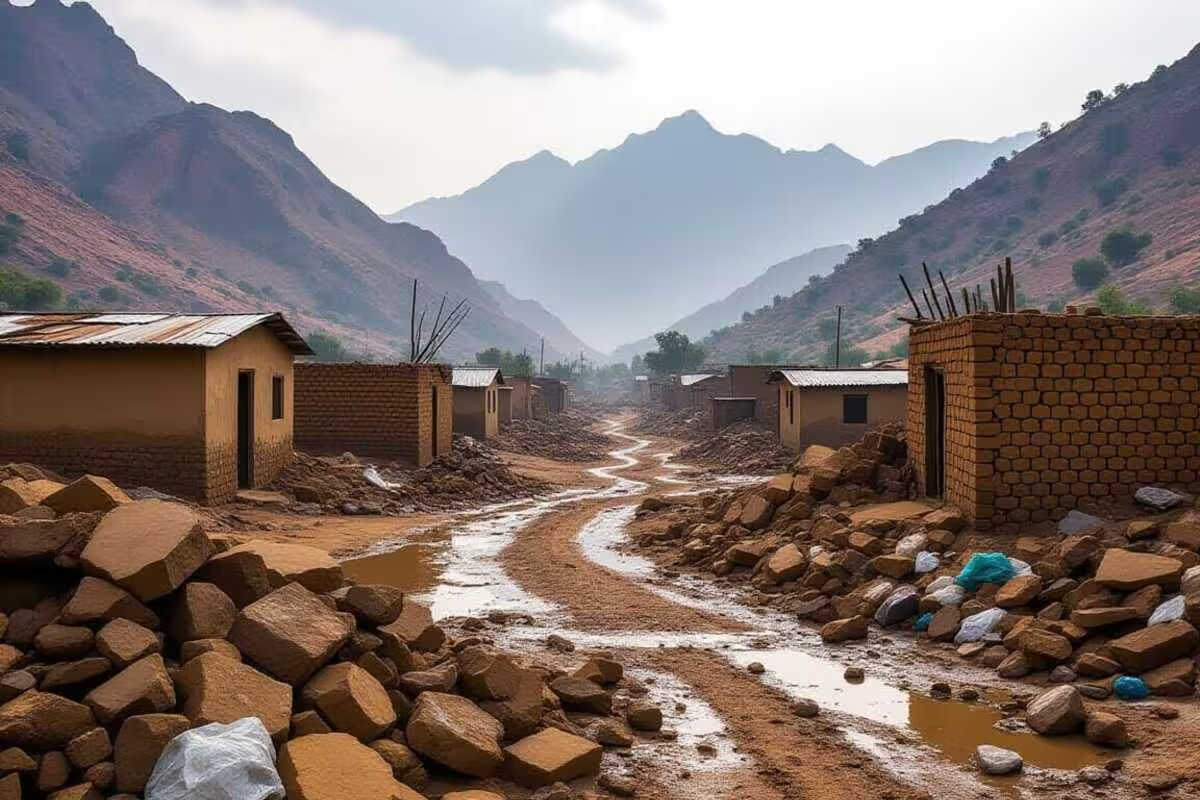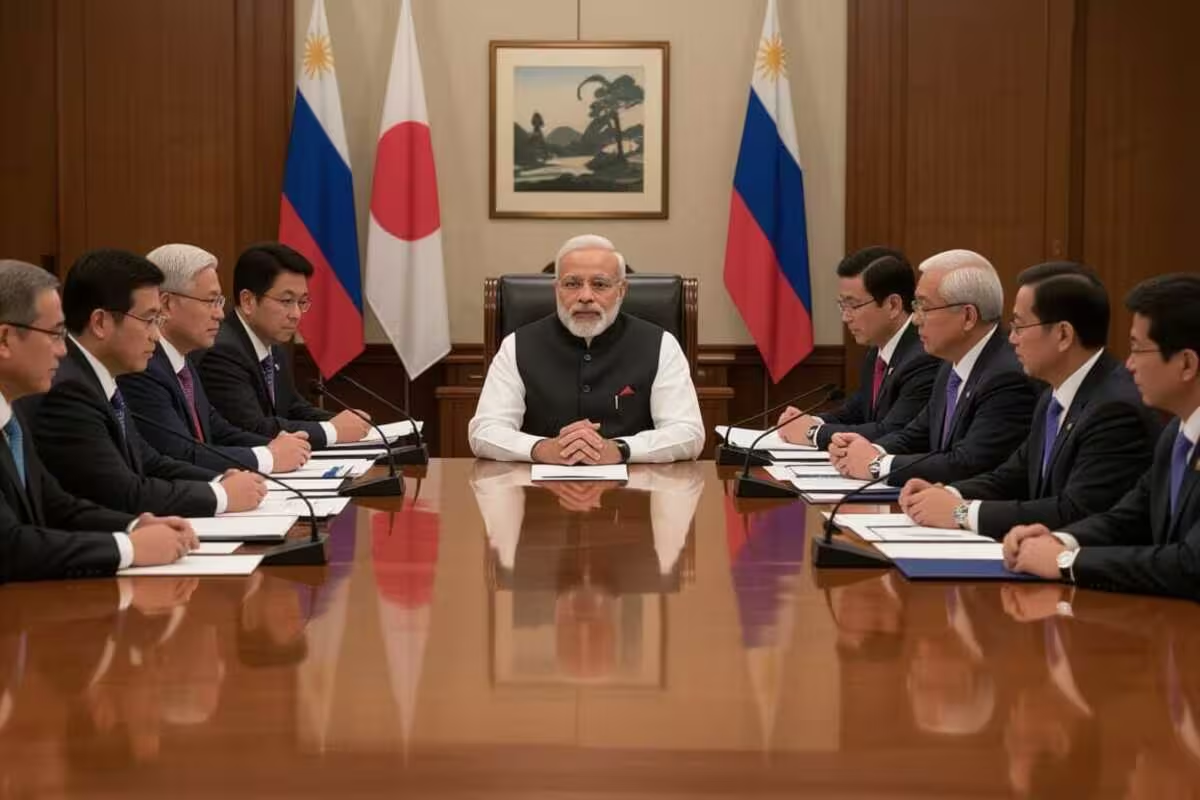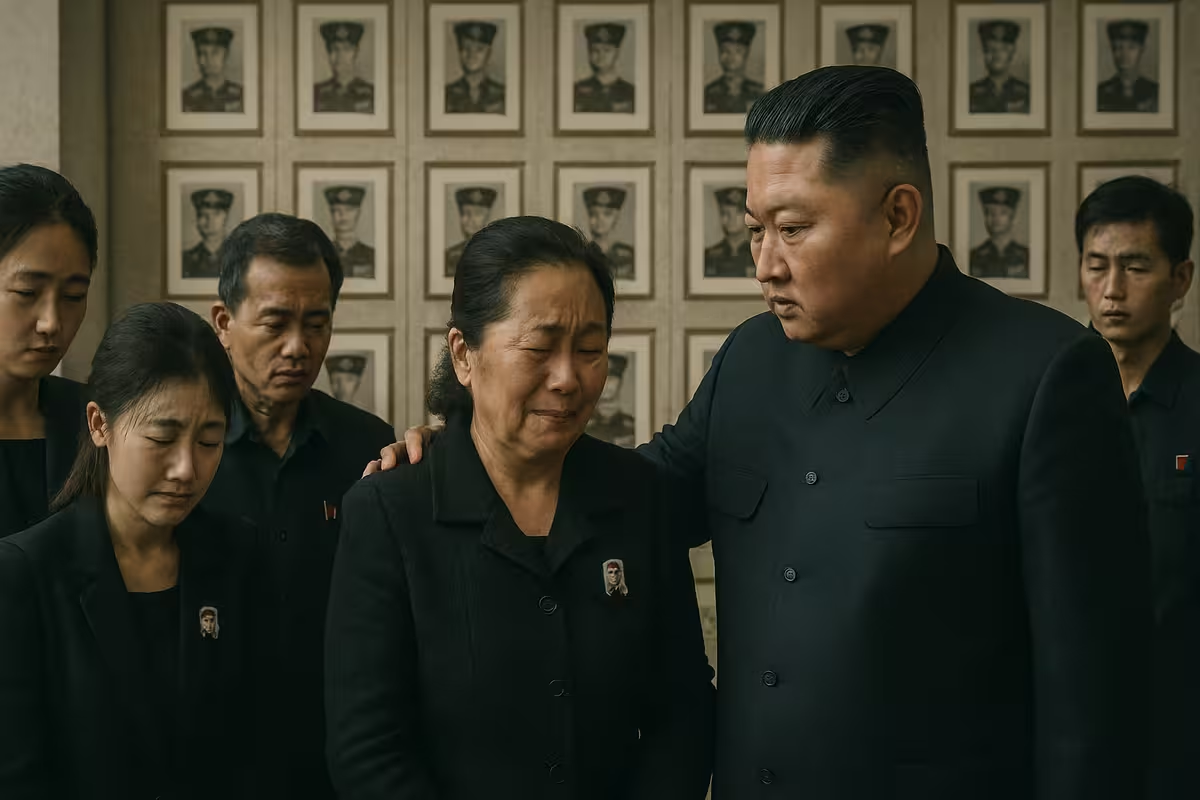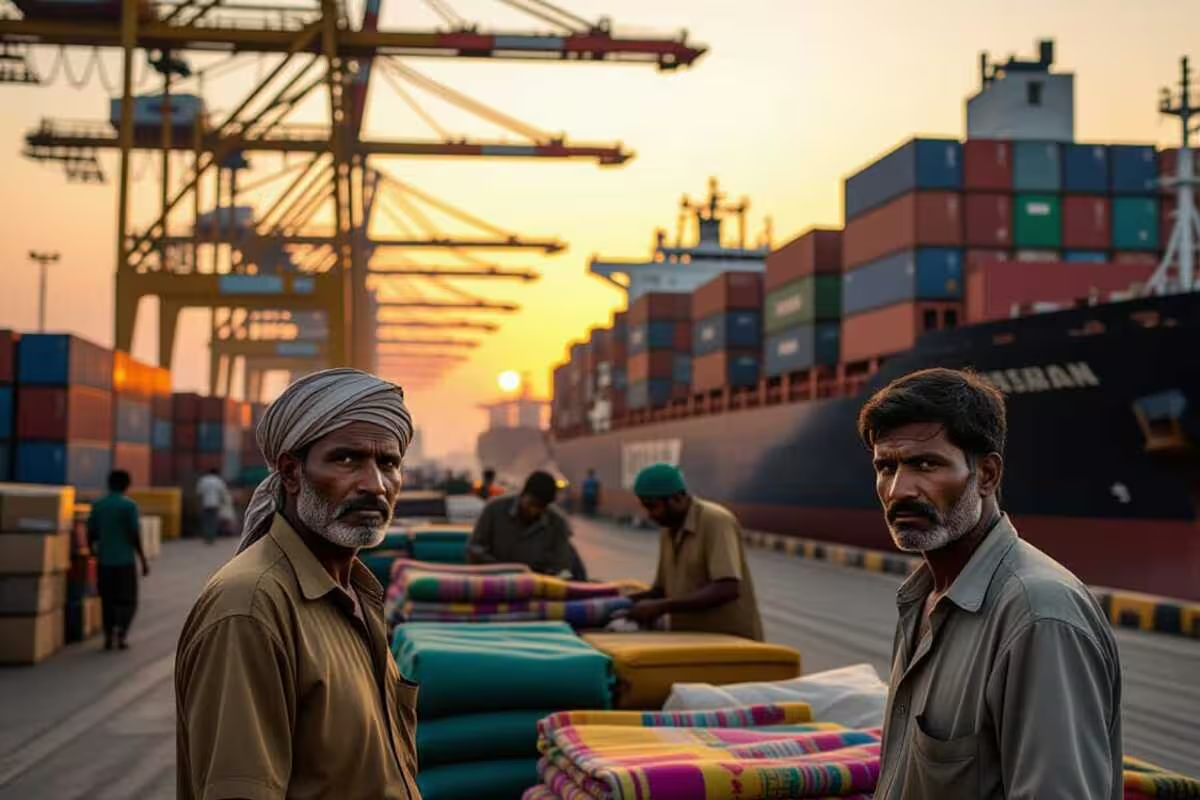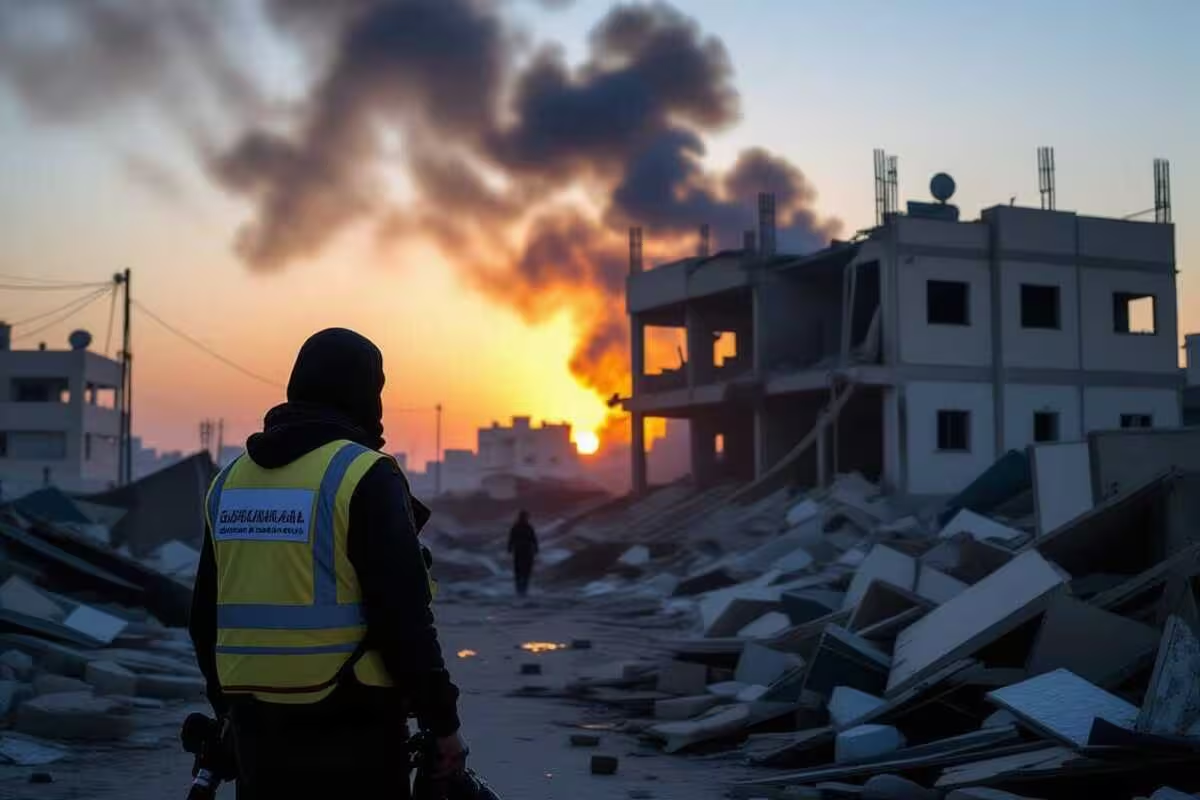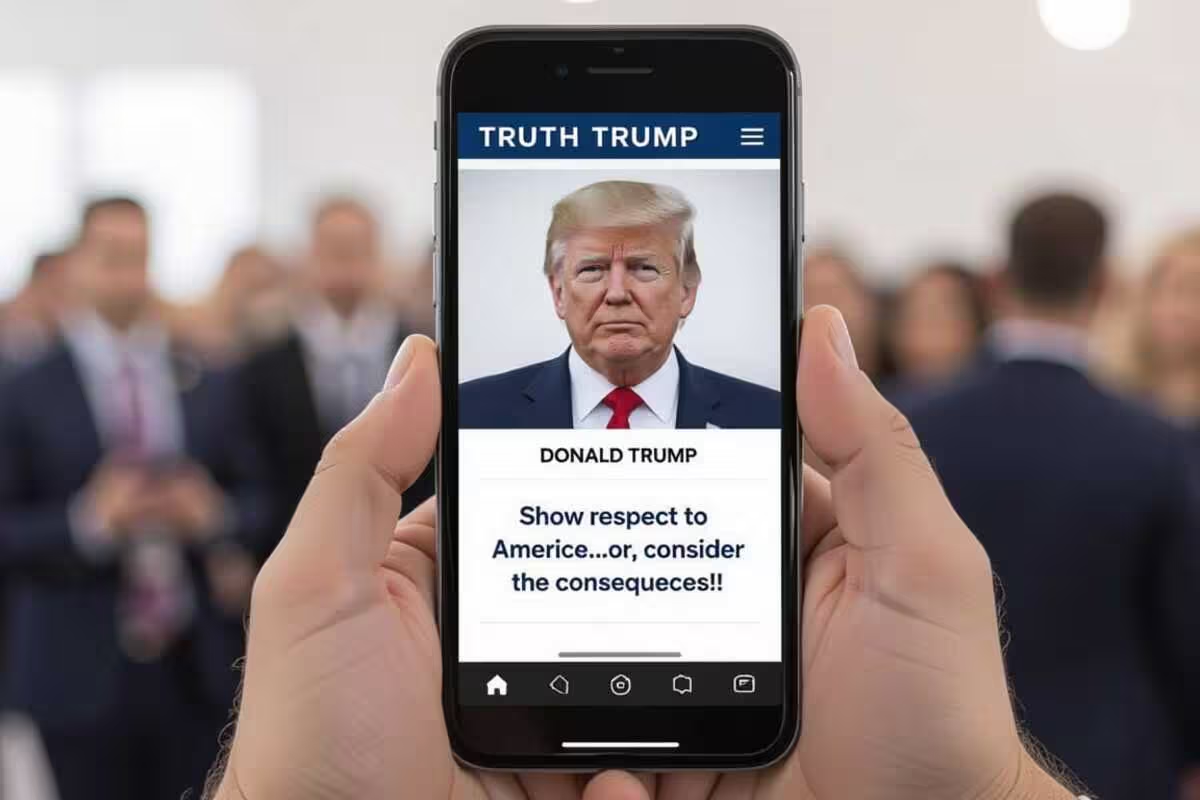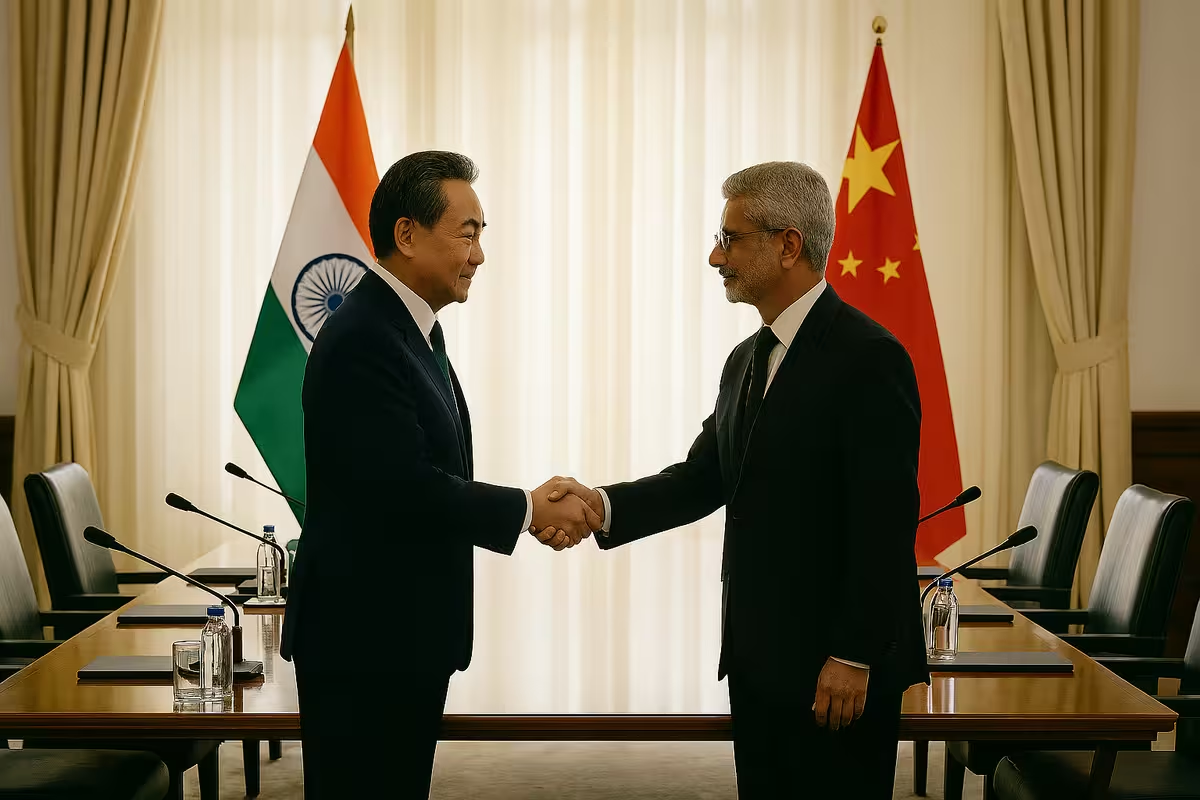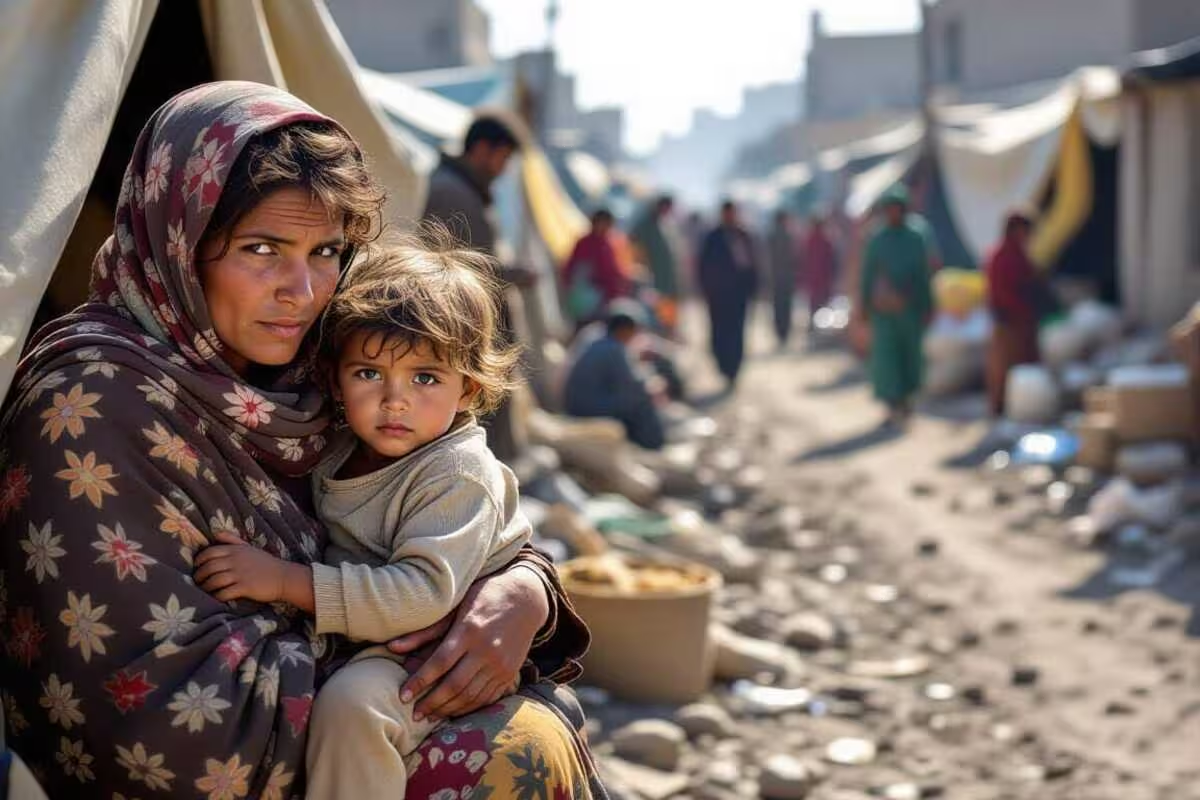Good Step: Trump’s Comment on Reported Indian Oil Halt Shows Geopolitical Pressure Increasing
WASHINGTON, D.C., United States – August 2, 2025: President Donald Trump has responded to reports that India is stopping its Russian oil imports, calling it a good step. This comes as tensions rise between Washington and New Delhi over trade and foreign policy. On Friday, August 1, 2025, Trump told reporters that the U.S. is putting a new 25% tariff on Indian goods. He also warned of more penalties if New Delhi continues to trade with Moscow on energy and military matters. The Indian Ministry of External Affairs (MEA) said that it doesn’t know of any official halt by Indian oil companies. It repeated that its energy decisions are based on national interest and market conditions, not outside pressure.
Trump’s Praise and Trade Threats
Trump’s comments came with a catch. He said, I hear that India is not going to buy oil from Russia anymore. I don’t know if that’s true. If it is, that is a good step. We will see what happens… This statement, made before he left the White House, links India’s energy policy to U.S. goals.
The President’s words are part of a tougher stance against India. A few days earlier, on Wednesday, July 30, Trump announced a 25% tariff on all Indian imports, starting August 1. He also mentioned an extra penalty for India’s trade with Russia but didn’t say what it would be.
This action follows months of stalled trade talks and public criticism from the U.S. administration. Trump has said that India has obnoxious trade barriers and high tariffs. He has also complained about a U.S. trade deficit with India.
India’s Response and Independence
India has responded carefully, defending its right to decide its own foreign and economic policy. MEA spokesperson Randhir Jaiswal said on Friday that India and Russia have a steady and time-tested partnership. He said that New Delhi’s relationships stand on their own and should not be judged by another country’s view.
About the oil import reports, Jaiswal said that the government had no specific information about a halt by state refiners. He repeated that India’s energy purchases are based on market conditions and the global situation. India has said this throughout the conflict in Ukraine.
Indian officials have told Parliament that they are looking at the impact of the new U.S. tariffs. The government has promised to take all necessary steps to protect the national interest. This includes protecting its farmers, exporters, and small and medium-sized businesses (MSMEs).
The Ukraine Conflict and Global Energy
These events are happening during the conflict in Ukraine and the Western efforts to sanction Russia. Since the war started in 2022, India has become a major buyer of cheap Russian crude oil. This has helped protect its economy from global energy price increases. Russia has become India’s second-largest oil supplier, a big change from before 2022, when Russian oil imports were small.
The U.S. and its European allies have pressured countries, including India, to cut their dependence on Russian energy. They want to reduce the money that funds Russia’s military operations. India has defended its purchases by saying it has a duty to secure energy for its people. It says this is an economic need, not a political choice.
Economic and Diplomatic Issues
The latest U.S. tariffs are a big increase in the trade dispute. The 25% duty could seriously affect India’s exports to the U.S., which were $85 billion last year. Sectors like textiles, agricultural products, and electronics could be in trouble.
The relationship between the two countries is also strained. Although President Trump called Prime Minister Narendra Modi a friend, his administration’s recent actions are seen as aggressive tactics. These actions go against the strategic partnership that has been important to India-U.S. relations for the past two decades, including cooperation on defense, technology, and security.
Experts think the new tariffs are meant to pressure India on trade and its Russia policy. The U.S. wants more access to India’s markets and a change in India’s position on Russia. This makes it harder for India to balance its relationship with Russia and the U.S.
Background and What’s Next
India’s relationship with Russia goes back a long time, especially in defense and technology cooperation from the Cold War. Russia is still a major supplier of military equipment and spare parts to the Indian armed forces. This is a key reason why India has not fully cut ties with Moscow.
The current situation is a test for India’s policy of strategic independence. New Delhi has tried to manage global power dynamics without being tied to one side. But the U.S. administration’s new policies are making this harder and more costly.
Analysts are watching how the Indian government will respond to the trade tariffs and diplomatic pressure. The result of this situation could affect India’s foreign policy and its economy. The U.S. has suggested it is willing to continue trade talks, but only if India makes concessions. For now, the decision seems to be in New Delhi’s hands.



